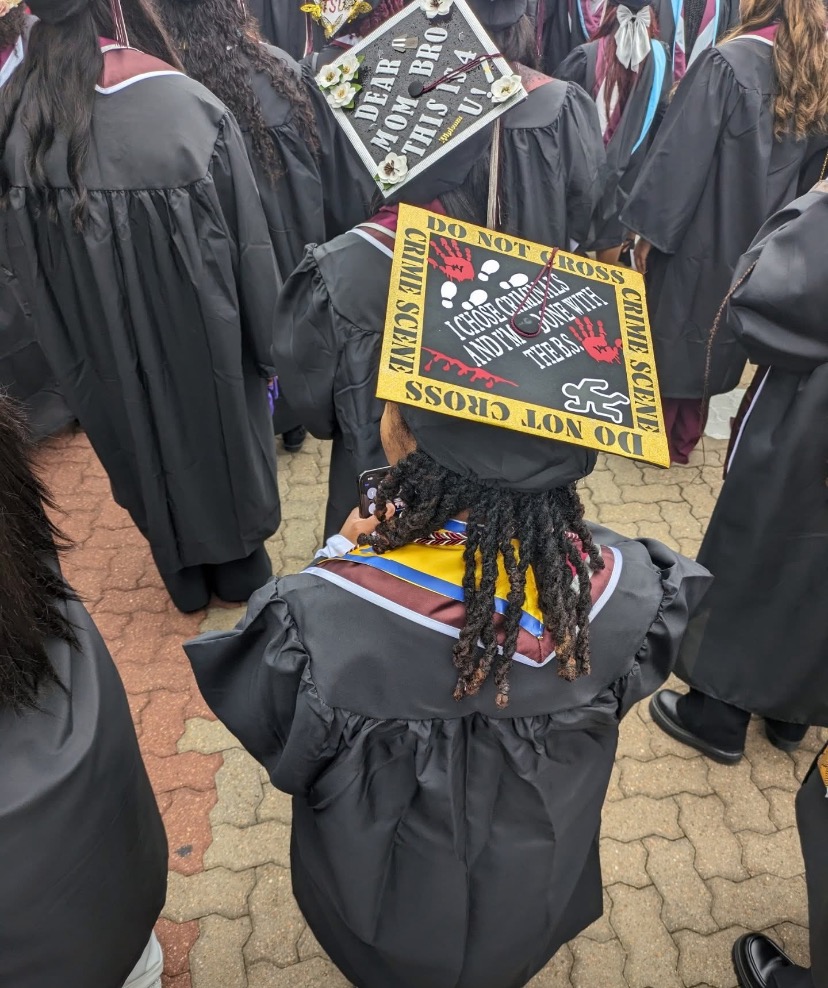Jamaica is more than 1,400 miles from the University of Arkansas at Pine Bluff, a HBCU favorite among students from southern and midwestern states. But, a science contest on the island nation popular with tourists served as the catalyst for a young aspiring medical physicist’s introduction to the academic landmark.
“I found out about the competition two weeks before the deadline. Other schools had months to prepare,” recalls Nikolai Knight. He and his cousin zeroed in on nutmeg-based products to fight the Zika virus.
Knight explains that nutmeg has antimicrobial and antifungal properties which prevent the plant from being infested by pests.
“The Zika virus is spread through mosquito larvae. I thought I could extract the natural oils from the nutmeg to create products to combat the spread of the larvae, he said. His hunch paid off, and Knight and his cousin, Huddoy Walters, attracted the attention of UAPB.
Years later, Knight still beams at the excitement he felt, calling it “the best moment of my life.” He continued, “I have a high appreciation of learning and knowledge and the fact that I could use this knowledge to create something tangible that could benefit society is exciting to me.”
The same intensity Knight demonstrated in high school traveled to Arkansas with him. He distinguished himself academically right away, earning the distinction as the HBCU All-Star for the University which means he serves as the liaison between the Department of Education and UAPB.
The White House invited Knight and the HBCU All-Stars to the nation’s capital last year. Knight met Education Secretary Betsy Devos, U.S. Surgeon General Jerome Adams, and former White House staffer, Omarosa Manigault.
Knight is effusive when he recalls the generosity of the staffer for the White House Initiative on HBCUs, Elise Jones. “Elise did everything for us. She was perfect. Her mother even volunteered to help, and they made the experience worth it,” Knight says.
A slim, lanky young man with a megawatt smile, Knight spreads his praise to his new home, UAPB.
“I love them. I feel like a family here. People know me by name. When there is an opportunity they believe I qualify for, they tell me,” he says. And, as if his good fortune seemed too much to keep, Knight added, “They offer me snacks. I love every one of them, and I need to find a way to show my appreciation.”
“Nikolai is a very ambitious, outgoing young man,” says Yulanda Riley, an education counselor with the University’s Career Services department. “He’s always seeking to learn more and improve on whatever he feels he is lacking.”
When Nikolai graduates, he plans to remain stateside.
“I’m still young, and I am planning to pursue a doctorate, but academia isn’t enough,” he says. “And, there aren’t enough research institutes in Jamaica.”
Much to the delight of those who know him, it appears the young man who created a product to fight dangerous mosquito bites will continue his mission to combat disease in his adopted country.


 Black History5 years ago
Black History5 years ago
 Black History6 years ago
Black History6 years ago
 Black History4 years ago
Black History4 years ago
 Black History5 years ago
Black History5 years ago
 Black History5 years ago
Black History5 years ago
 Black History6 years ago
Black History6 years ago
 Black History9 years ago
Black History9 years ago
 Black History5 years ago
Black History5 years ago


























